Building the capacity of health care workers providing care to refugees and migrants
Focused Solutions
SESSION RECORDING
The session brought together academic and professional experience with lived experience of working in migrant/refugee settings across Europe, Middle East, Asia and Australia. Parallels were drawn with the role of evidence-based interventions and the role that the target population can play in improving their own health outcomes by capacity building and their active involvement in the health promotion and policy design process. Positive reflections were made from systems which were designed to cater for migrants/refugees as well as challenges faced by healthcare workers in delivering high-quality care. Finally, the role of digital health and mental health interventions were highlighted as well as culturally-sensitive training for healthcare workers.
SESSION SUMMARY
SESSION MODERATOR
Luciano Saso
Faculty of Pharmacy and Medicine, Sapienza University of Rome, Italy; Member, Executive Committee, M8 Alliance
Santino Severoni (video address)
Director, Department of Health and Migration, World Health Organization
Joachim Seybold
Deputy Medical Director, Charité – Universitätsmedizin Berlin
Amirhossein Takian
Vice Dean, School of Public Health, Tehran University of Medical Sciences, Iran
Kudzai Kanhutu
Dean, Royal Australasian College of Physicians, Australia
Sharuna Verghis
Senior Lecturer, Jeffrey Cheah School of Medicine and Health Sciences, Monash University Malaysia
Chiedza Malunga
Team Leader, Refugee Health and Wellbeing, Monash Health, Australia
Stephen Matlin
Visiting Professor, Institute of Global Health Innovation, Imperial College London
INVITED SPEAKERS
We gratefully acknowledge the following organisations for providing travel and accommodation support for international speakers in this session.
ACKNOWLEDGEMENTS



